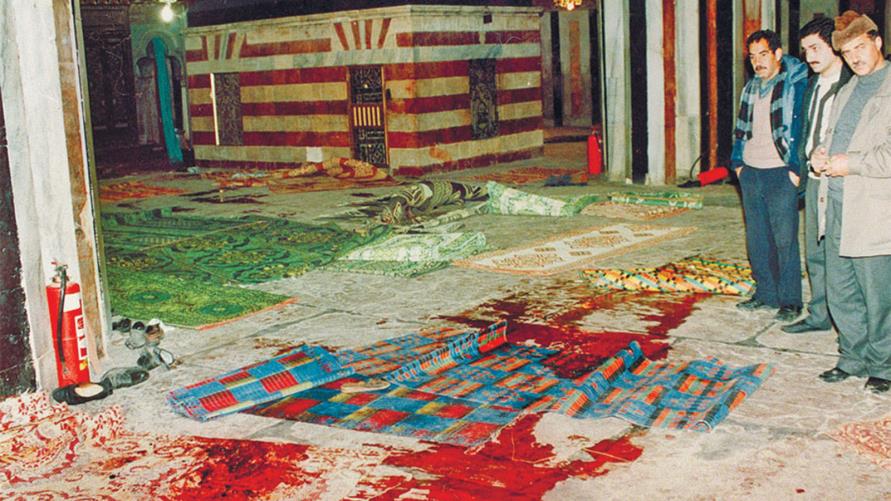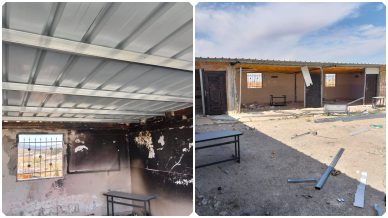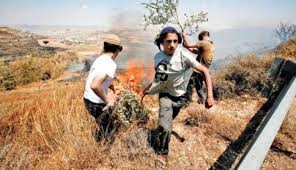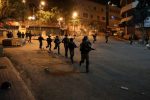Monday 25 February 2020 marks the 26th anniversary of the Ibrahimi Mosque massacre carried out by Israeli settler Baruch Goldstein in the West Bank city of al-Khalil in which over 30 Palestinians were killed and 150 wounded.
On Friday 25 February 1994 which also marked the 15th of the holy month of Ramadan the terrorist Goldstein dressed in his army uniform and armed with an IMI Galil rifle entered the Ibrahimi Mosque at the time of prayer and opened fire at Palestinian worshipers.
Goldstein was disarmed and beaten to death by a number of worshipers who survived the massacre.
Israeli occupation forces stationed near the Ibrahimi Mosque closed the mosque’s gates right after the massacre to prevent worshipers from running away and prevented those coming from outside to reach the area to rescue the wounded.
On the day of the massacre the tension escalated in al-Khalil and all Palestinian cities in the occupied West Bank and as a result of clashes with the Israeli occupation forces 60 more Palestinians were killed.
Following the massacre Israeli occupation forces closed the Ibrahimi Mosque and the Old City of al-Khalil for six months at the pretext of investigating the crime. The investigation committee was formed unilaterally by the Israeli Supreme Court Judge Meir Shamgar.
The investigation committee came out with several recommendations including dividing the Ibrahimi Mosque into two sections and placing heavy security in the area which meant imposing a difficult reality on the lives of Palestinians in the Old City.
The committee granted the Israeli occupation authorities sovereignty over 60% of the Ibrahimi Mosque clearly a move aimed at paving the way for the complete Judaization of the Islamic site.
Adhan (Muslim call for prayer) was repeatedly banned at the Ibrahimi Mosque and it was recommended that the mosque be completely open for 10 days throughout the year for Muslims only and 10 days for Jews only.
Goldstein a military physician and a co-founder of the far-right Israeli Kach Movement who was 42 when he committed the massacre came to Palestine from the United States in 1980 and lived in Kiryat Arba settlement in al-Khalil.
Before the massacre Goldstein had declared that he would do something that would “stop history” as he put it at the time.
After the massacre Israeli occupation forces placed surveillance cameras and metal detectors at all entrances leading to the Ibrahimi Mosque and permanently closed several Palestinian markets and roads in the area in a move that led to totally isolating the Old City from its surroundings.
The Israeli settlement activity has not stopped one day since the massacre in al-Khalil City the West Bank’s largest city where over 600000 Palestinians live. The Oslo Agreement signed five months ahead of the massacre and the recommendations of Shamgar’s committee have greatly contributed to increasing settlement penetration in the heart of the city.














